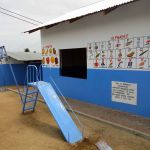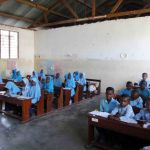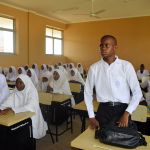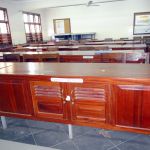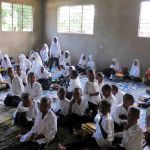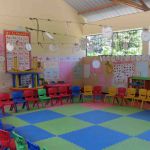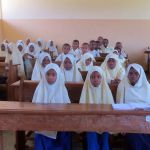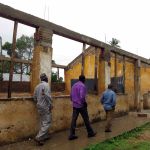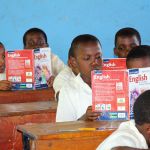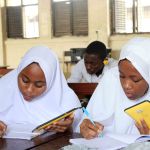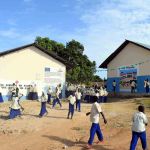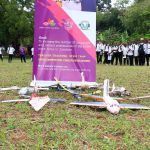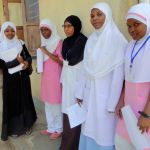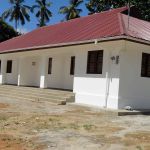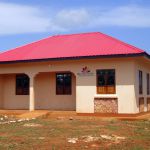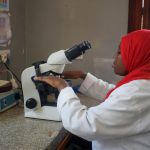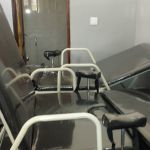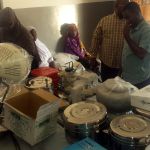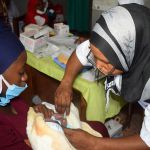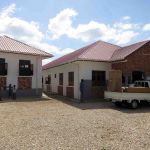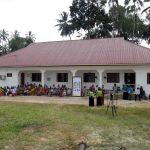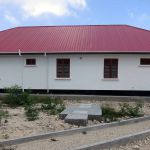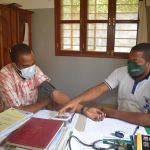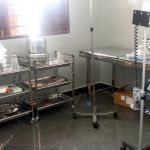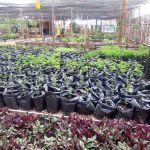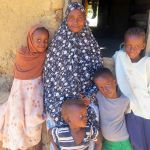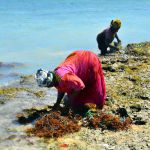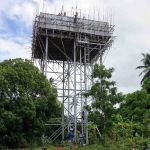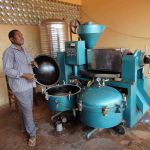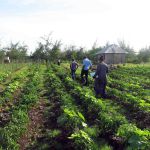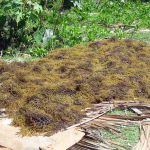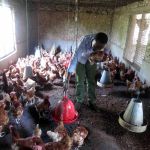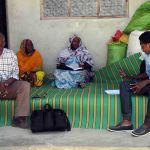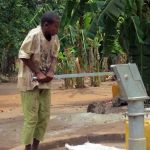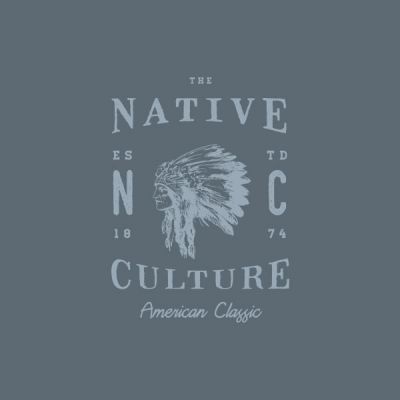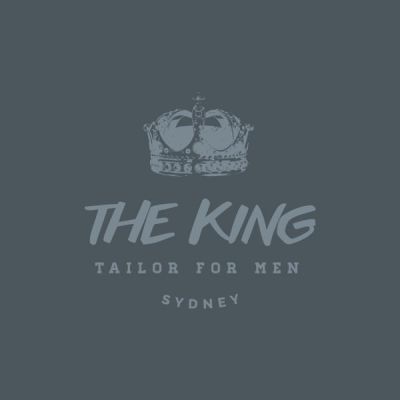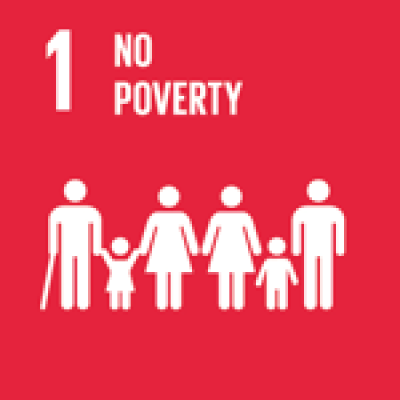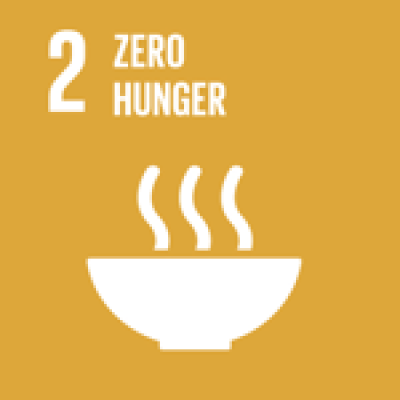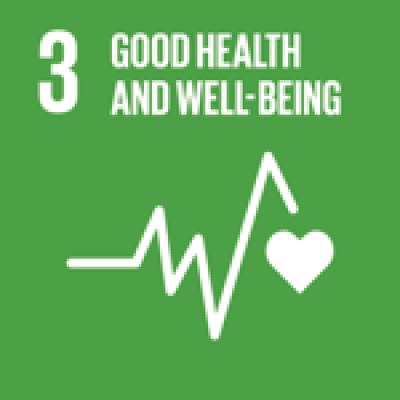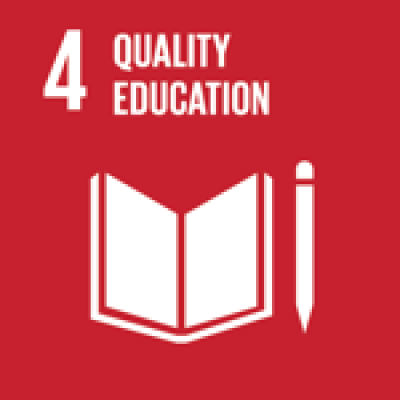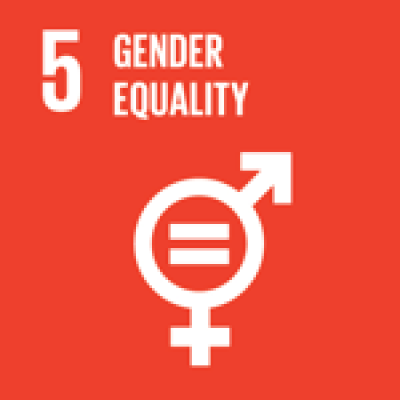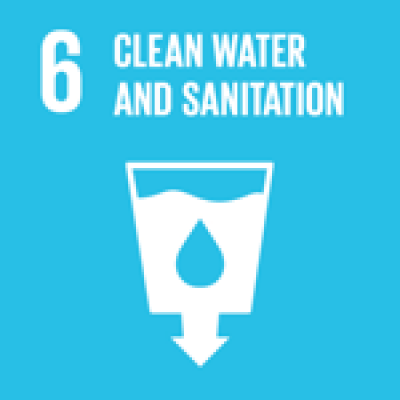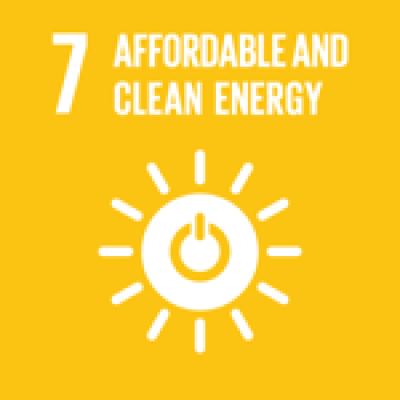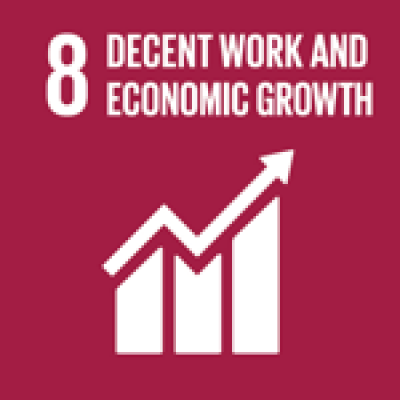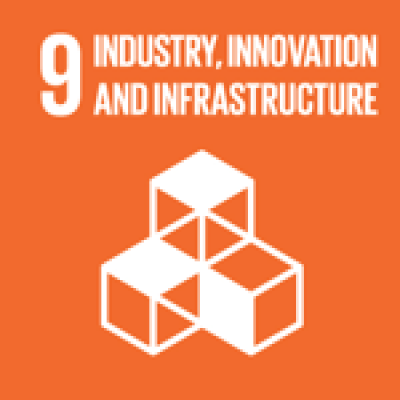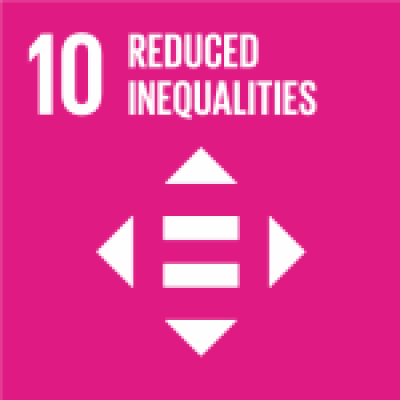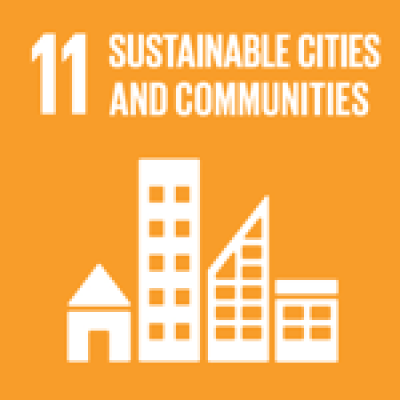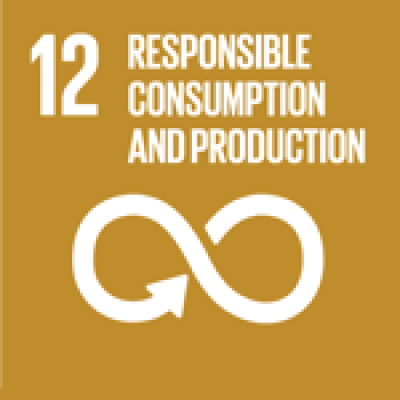Here's What We Do Better
Our strategy is based on the belief that people we are working to support are best placed to address the challenges they face with the backing of MZF and partners empowerment programmes.
Thus, our holistic, participatory community development programme targets 24 Shehias in Unguja and Pemba. The ultimate aim of the programme over the past three years has been to improve the wellbeing of our targeted communities.
As opposed to prior programmes where the interventions were developed, designed and implemented independently, each sector focusing on its own set of outcomes, this time, the focus was on cross-sector pollination, finding connections in the ways the sector supports and assists each other. Instead of a purely sectoral approach, the programme adopted the strategy that centres on the improvement of the individuals- a, teacher, a mother, a student, or an farmer, as a whole being.
Following the capacity building of the Shehia Advisory Committee, our community has progressed in service provision by building a Health Centre, renovating classrooms and digging a well.
I have trained about 140 here in Tumbe, about 30 in Msuka, 30 in Shumba Mjini, four in Kojani and four in Chwaleq. I am very grateful to MZF because their support has enabled us to adopt best farming practices and as a result, we produce and sell more.
We use local materials that are from Zanzibar including seaweed, cloves, and aloe vera. So far, the centre has 25 members, two of whom are men. It also acts as a training point and since the inception we have trained about 265 people. On average, I earn about Tsh350,000 per month, an amount that goes a long way to sustain my family of three children.
We used to buy a 20-litre water container for Tsh300 and sometimes I needed up to 300 litres in a day, like when we needed to wash our clothes. That would mean spending up to Tsh9,000, an amount that was too huge for our kind of modest family income. This challenge was taking a toll on our lives.
I was pregnant, then one day, I felt labor pains and my helpers and I trekked to where a boat was stationed. Unfortunately, by using the sea ambulance speed boat donated by MZF, I gave birth while I was being ferried to Wete District hospital. Now both the child and I are doing well after receiving treatment.
The training has built our ability to support pupils in the best way to learn and think, this is different from the past when we could not make use of the local materials for teaching. With the new ways of teaching, even the pupils’ performance has increased.
I was very happy to receive a free school bag with which I could carry 7 exercise books. The bag motivated me to start attending classes regularly and my marks improved. For example, this year I am among the Top 10 pupils in my class. I am very thankful to MZF.
I was excited to get the opportunity to work in health services provisions for women and children at the centre. I also liked the experience of working in rural areas to interact with community members to address public health challenges. I would like to advise Milele Zanzibar Foundation to continue with the programme and increase the programme period which is currently three months only.
With improved health services following the renovations and setting up of facilities supported by Milele, more women are now receiving maternal services at the facilities. This is something which had not been seen before, because in this village many women used to deliver at home.
We thank MZF for the support as they have renovated water supply systems, painted the building and repaired toilets; for example, pit latrines for persons with disabilities that had not been working are now in a very good condition.


